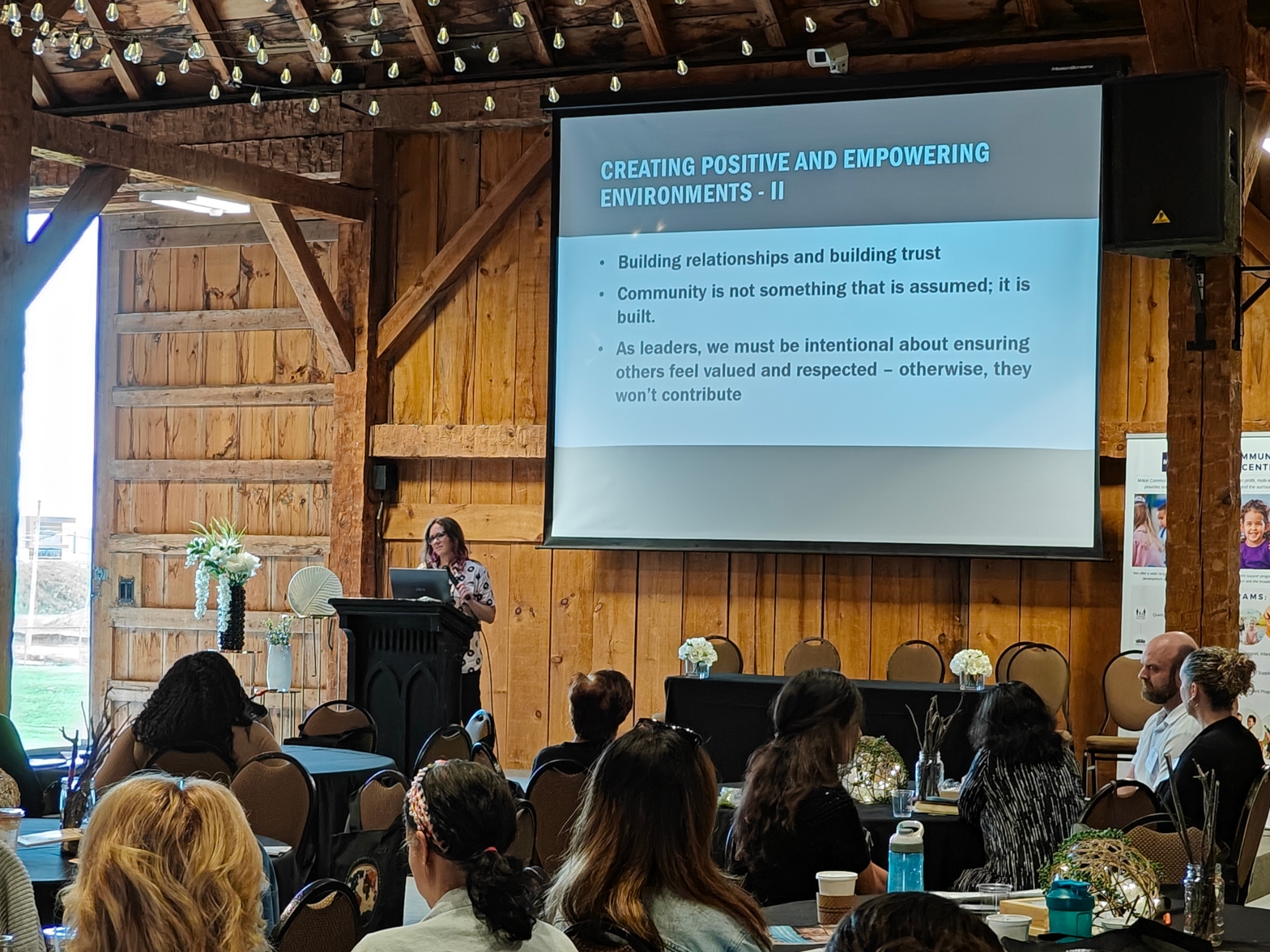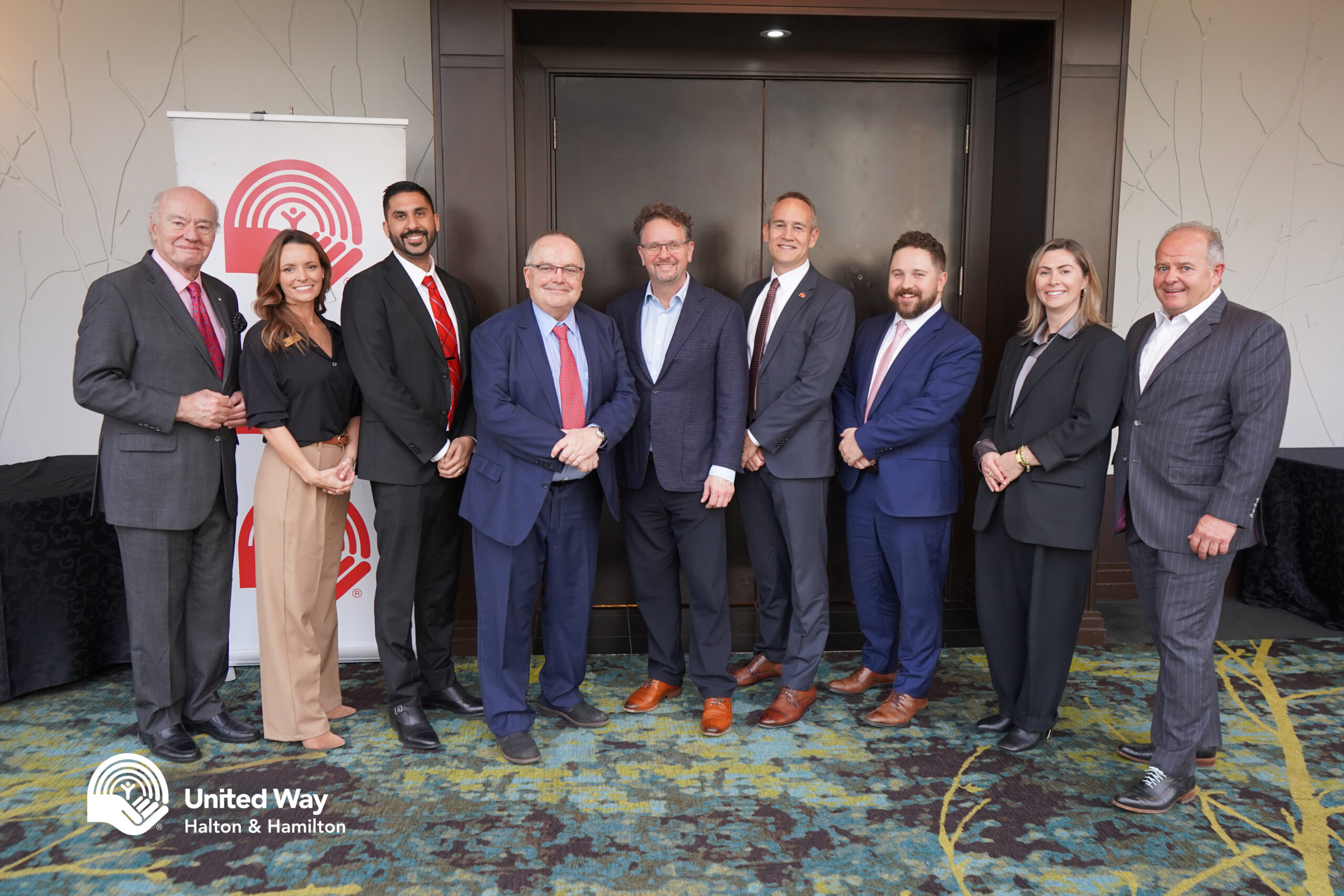The Halton Equity Diversity Roundtable’s annual conference took place on Thurs., June 6, at Milton’s Country Heritage Park, and saw a mix of lecture-style presentations, large break-out room conversations led by subject matter experts, and wellness activities.
Attended by representatives of Halton organizations, the crowd learned how to increase the inclusivity of their services and internal workings, punctuated with coffee, lunch, and ice cream breaks, courtesy of the Halton Equity Diversity Roundtable (HEDR). This year’s offerings focused on the theme of “Interconnectedness.”
Hosted by MCRC (Milton Community Resource Centre), the keynote sessions included “Equity at Work: Breaking Barriers and Building Equitable Workplaces,” and “Breaking Down Racism at Work: A Perspective of Canadian Workplaces.”
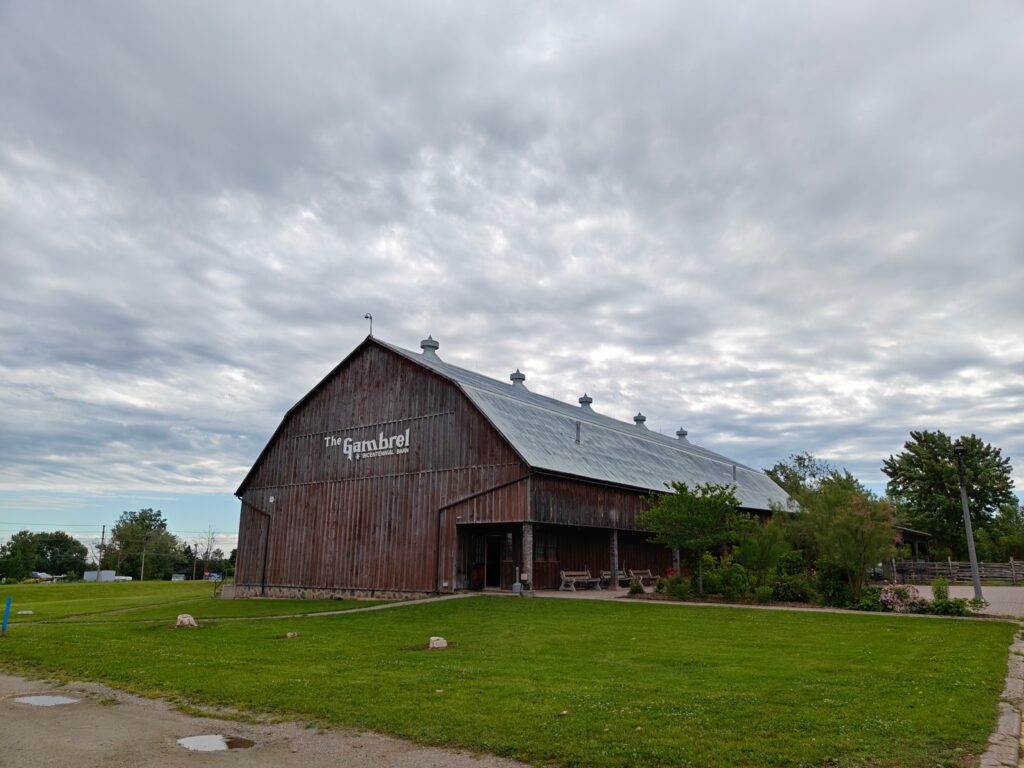
Taylor Henderson of Pflag Canada delivered the “Equity at Work” keynote address, noting that leaders in workplaces are in a privileged position, and as such, “Being inclusive in your leadership capacity is your primary role.”
She asked attendees for reasons as to why employees who belong to marginalized groups may not speak up for their own inclusion; a number of hands went up, noting that employees may fear for their job’s security, or perhaps are worried that their concerns may not be taken seriously.
Leaders in any organization are responsible for ensuring employees’ safety when they do speak up, said Henderson. That means fostering an environment that is conducive to open and honest conversations. “Equity work is a practice, it’s ongoing,” said Henderson, “It requires empathy, feedback, and consultation…and keep practicing.”
Before breaking for lunch, attendees could choose between three tours around Country Heritage Park, hosted by Food For Life; Country Heritage Park; or Grandmother’s Voice.
The Grandmother’s Voice tour involved a wagon ride to another part of the park’s grounds, where Grandmother’s Voice is collaborating with the park to create an Indigenous healing garden, with a “food forest” and a native plant garden. Jody Harbour of Grandmother’s Voice described bringing some of the elders to the potential garden area: “They said it was the right spot.”
A few years prior, these grandmothers and elders had visited and one of the grandmothers said at the time that the soil “was colonized, there’s nothing in it. You have to let it sit.”
Harbour said that they followed the elder’s advice, and in a year or two were able to grow “beautiful crops” there. Now, there are plans for fruit and nut trees and other plant species, and the garden will be a place where “elders can just show up and be honoured,” said Harbour.
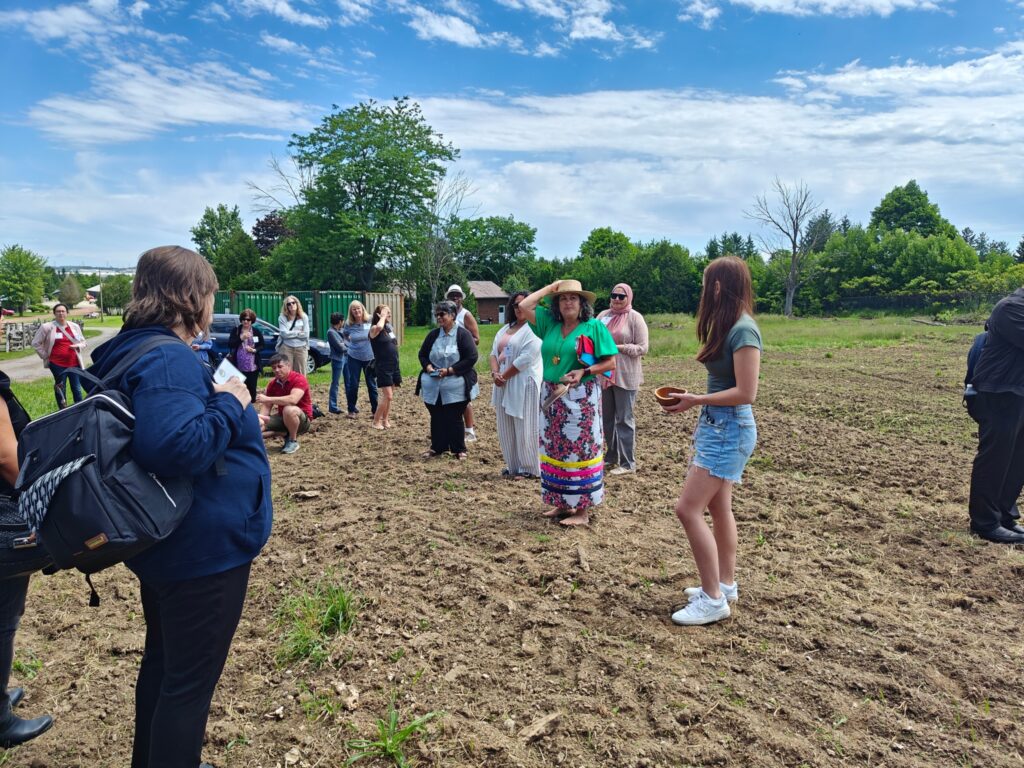
After lunch, the conference resumed, with choices of sessions entitled “Interconnectedness and Growth,” “Interconnections of World Religions,” or a “Gift of Gratitude Wellness Session.”
At the “Interconnectedness and Growth” session, presenter Grace Ibrahima told her powerful life story, which began in Trinidad. Taken out of school at 9 years old to work sugarcane fields, and constantly told that she was “foolish, dunce,” Ibrahima did not have a good self-image. She says that was just the beginning of her disconnection from community.
She eventually went to nursing training in England but developed an addiction to alcohol. She eventually overcame that addiction after a 28-day stint at Homewood Health Centre in Guelph, where, Ibrahima said, they taught her that one of the most important things in life was self-acceptance.
Ibrahima also finally completed her schooling last year, at the age of 77. Though she went to McMaster University after she finished rehab, Ibrahima wanted to get her elementary and high school education that had been denied to her in her youth. After speeding through grades 3 to 12, Ibrahima graduated last March. “My son brought me a hat [graduation cap],” she said.
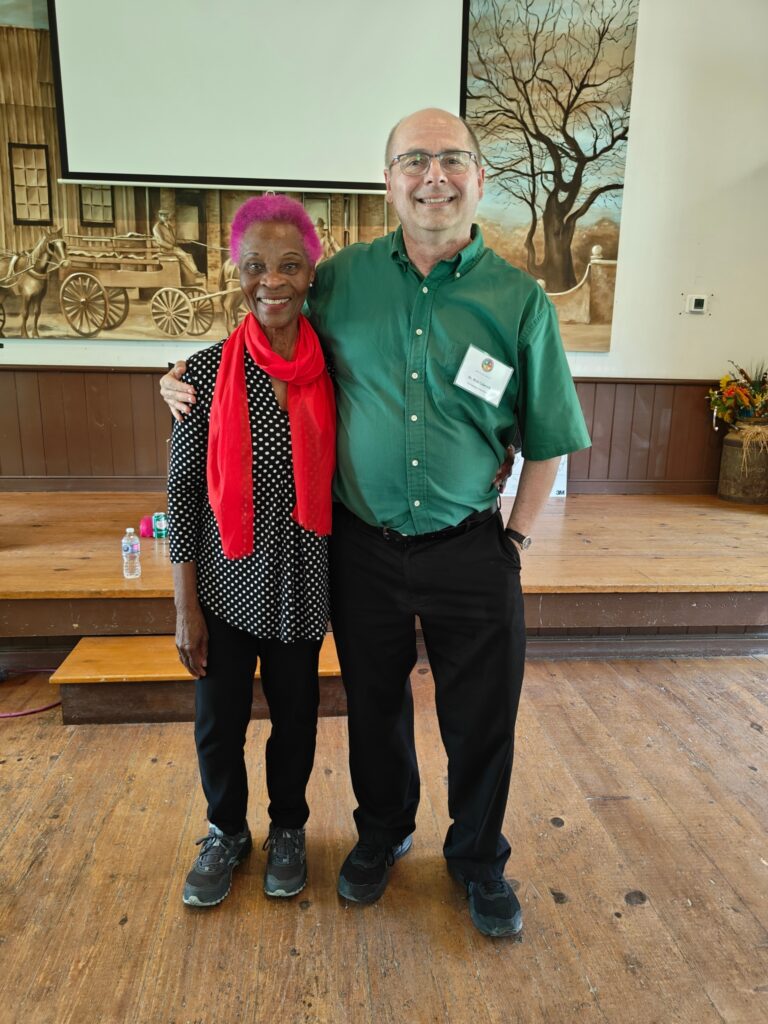
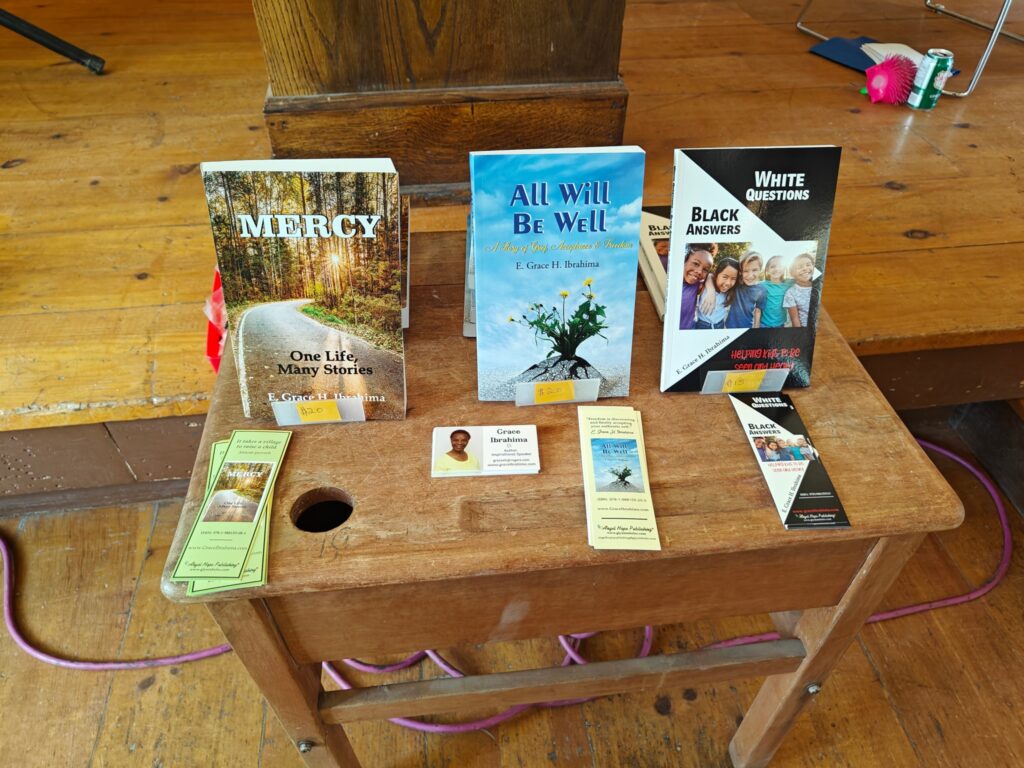
Ibrahima is a testament to the power of connections; she tells her story with honesty and humour, despite describing traumatic events. She believes that “building interconnectedness is necessary for growth” and continually pushes herself to connect with new people. Passionate about fostering positive connections in children, she visits schools and invites students to ask her anything about being Black. Their questions inspired her to write White Questions, Black Answers, one of three books she has authored, with another in progress on generational trauma.
The HEDR conference allowed attendees the opportunity to learn and engage with people like Ibrahima and Henderson, and other experts in inclusion, embodying the principle that equity is an ongoing practice. The event offered a chance for participants to deepen their understanding and grow their equity practices throughout the day.

